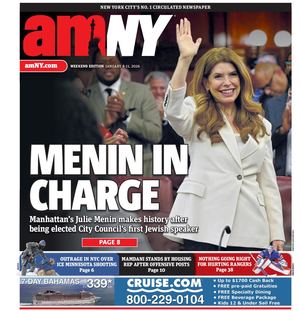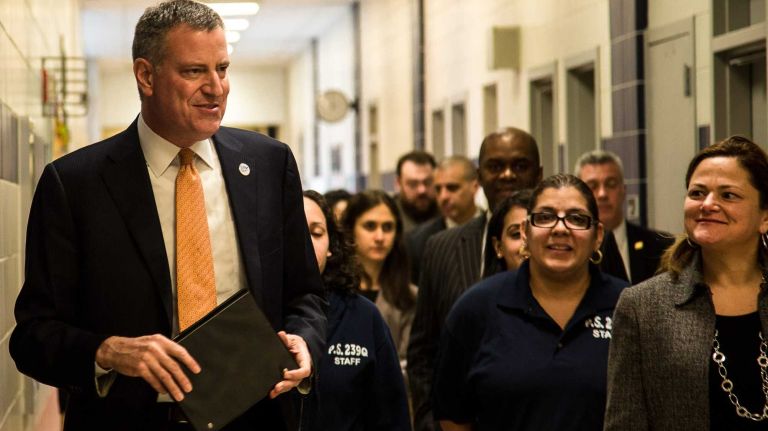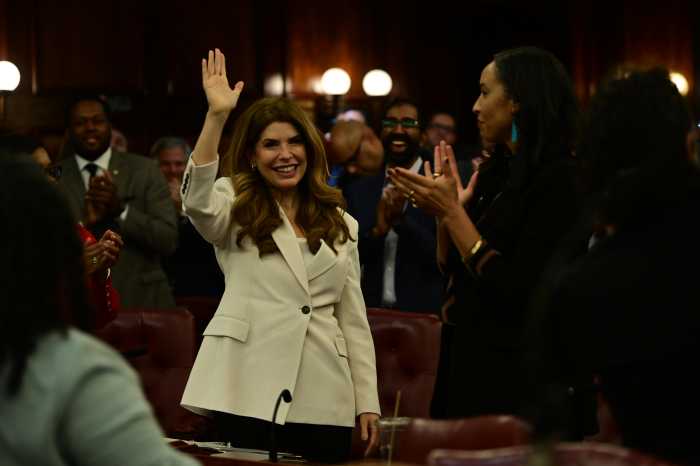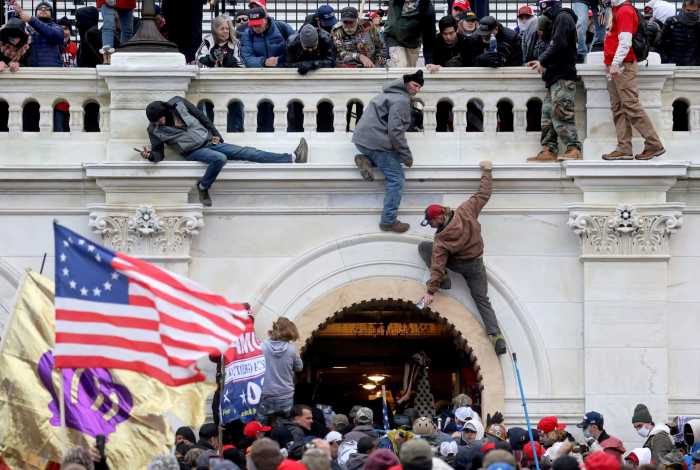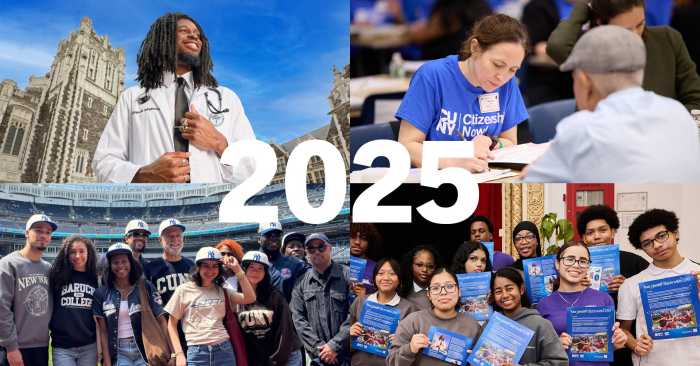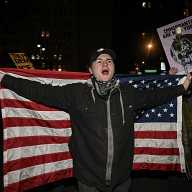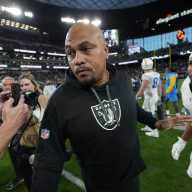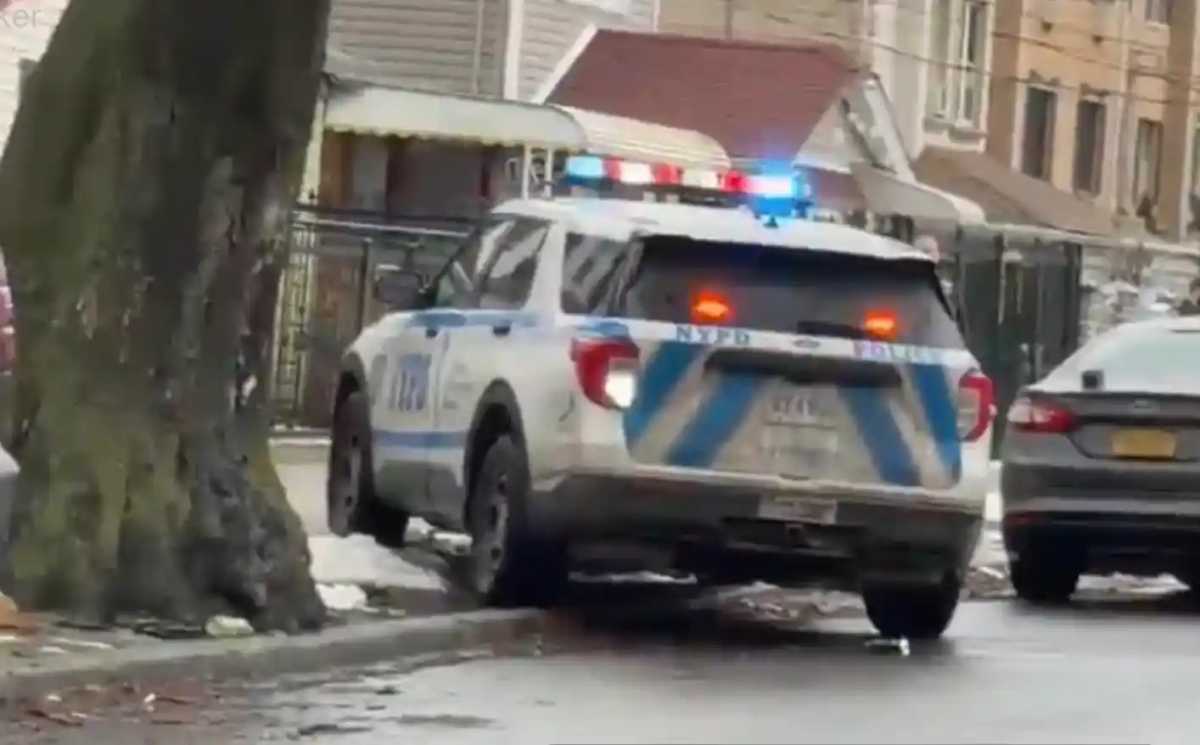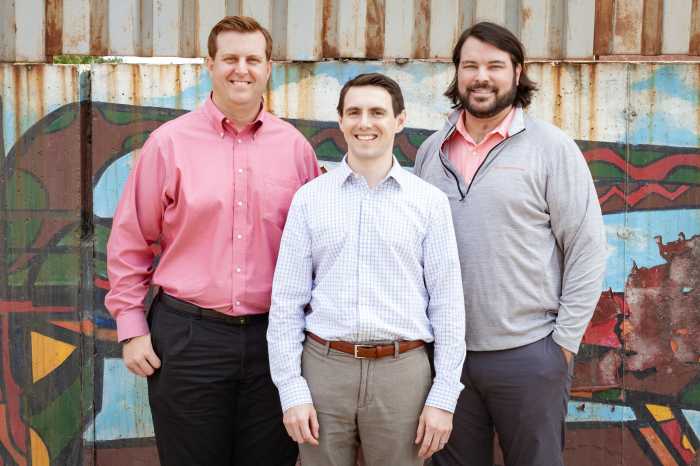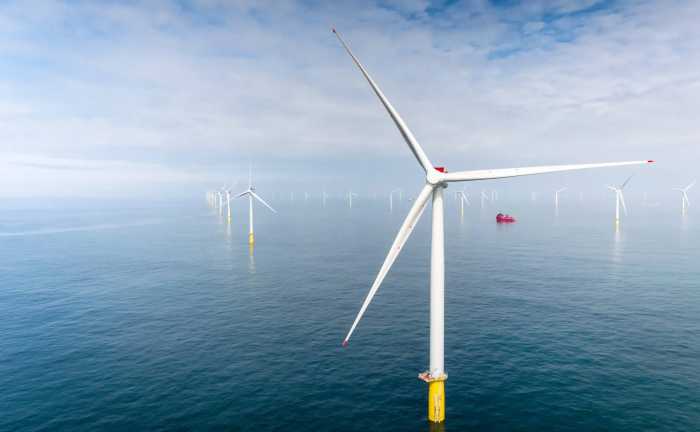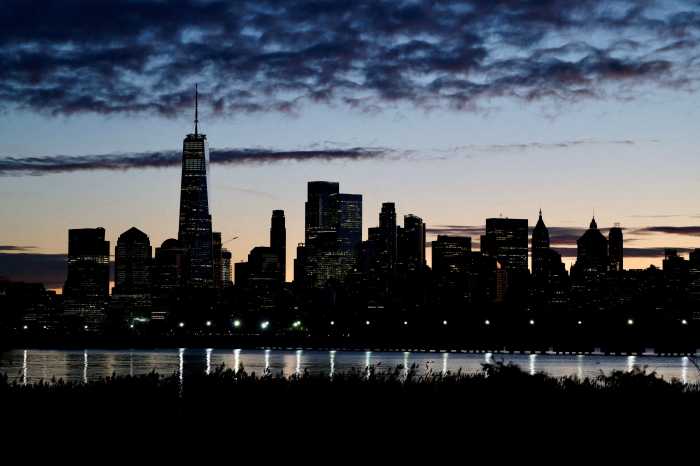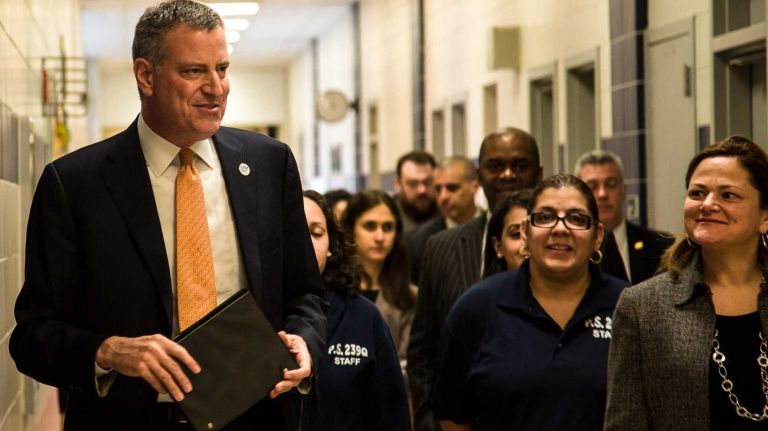
Next week marks an important milestone for NYC Mayor Bill de Blasio — 100 days in office. During the early days of a new administration, a mayor usually enjoys a honeymoon period during which criticism is muted.
That has not been the case with de Blasio. Instead, he has had to contend with blistering criticism over handling of snowstorms; skirmishes with the governor over charter schools, taxes, and homeless housing; plummeting polls; complaints from a discontented press corps; and numerous self-inflicted wounds.
Some of the criticism has been borderline silly — such as the fact that he ate pizza with a fork. Other things have been more serious — his call to the NYPD on behalf of a supporter who was arrested; the fact his motorcade was speeding just two days after he announced a plan to reduce traffic-related deaths; and his ill-conceived decision to renege on an city agreement to site three charter schools which pitted him against his political foe, Eva Moskowitz, and cast him as being against kids in charter schools.
Much has been made of the fact that de Blasio’s approval ratings stood at 39 percent in polling last month. He is less popular than Police Commissioner Bill Bratton or Comptroller Scott Stringer. Perhaps most troubling, however, is the comparison with his predecessor, Michael Bloomberg, who enjoyed a 62 percent approval rating in the same period in his first term. Whether the comparison is fair, however, is debatable. Bloomberg was inaugurated as the city struggled to come to grips with 9/11. De Blasio was sworn-in under much different circumstances.
As his Democratic primary opponents faltered last fall, he proved himself a strong campaigner, someone with a consistent message who appealed to voters on a personal level and understood the city was ready for change. De Blasio won the general election by a landslide, garnering more than 70 percent of the vote. As impressive as the victory was, less than a quarter of all registered voters went to the polls, and that makes his mandate tenuous at best and helps explain some of the challenges he has faced in the last few months.
For all his success in the campaign, de Blasio has not been able to quell concern regarding his experience and readiness; and whether he has the political acumen required to manage a complex NYC.
Events during the first 100 days have exacerbated those worries. For instance, he was slow to make appointments and was knocked for picking activists rather than experienced managers for some city departments. He has been panned for not putting together a sophisticated communications team capable of managing the media, resulting in public relations debacles. Moreover, he has been repeatedly outmaneuvered by Gov. Andrew Cuomo. Whether the issue is charter schools, a pre-K tax, or homeless housing, de Blasio has looked like a political amateur by comparison.
But de Blasio has shown he listens and is willing to adjust. He apologized for the city’s failure to adequately remove snow on the Upper East Side. Also, after several weeks of criticism, he walked back his tough talk on charter school co-locations during a speech at Riverside Church.
This isn’t all about public relations and optics, however. In the months ahead, de Blasio must answer two questions: Are his early troubles the result of a learning curve, or as critics claim, a fatal lack of executive skills? Second, can de Blasio prove that November’s poor turnout actually was a real mandate and finally make progressive governance work in a city where others — including his former boss David Dinkins and John Lindsay — badly faltered?
As blue as NYC is, it hasn’t been particularly kind to progressive mayors. De Blasio’s success lies in beating those historic odds.
